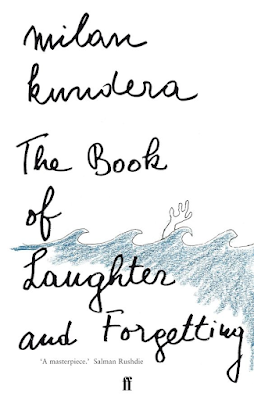Leonard Cohen: The Last Troubadour
Leonard Cohen: The Last Troubadour Who Peaked At The End Of His Life
The Merriam Webster Dictionary defines a troubadour as such:"In the Middle Ages, troubadours were the shining knights of poetry (in fact, some were ranked as high as knights in the feudal class structure). Troubadours made chivalry a high art, writing poems and singing about chivalrous love, creating the mystique of refined damsels, and glorifying the gallant knight on his charger. Troubadour was a fitting name for such creative artists: it derives from an Old Occitan word meaning "to compose." In modern contexts, troubadour still refers to the song-meisters of the Middle Ages, but it has been extended to cover contemporary poet-musicians as well.
Leonard Cohen certainly met that definition, and much more. A handsome, dashing, charming, seductive, but most importantly, one of the greatest singer-songwriters of the past century (and for me, up there with Robert Schumann), unlike most contemporary pop/rock/folk musicians, he peaked later in life rather than on the earlier side. His (perhaps greatest) album, Various Positions, which contained the masterpieces "Dance Me to the End Of Love," "If It Be Your Will," and his best known and one of the most covered songs in history, "Hallelujah," was released in 1984/85, when he was already 50 years old, and three of his strongest works, including the brilliant and aptly titled You Want It Darker, in his 70s/80s.
 |
| Leonard Cohen From His 2008/2009 Tour |
-Peter Peyman Farzinpour







Comments
Post a Comment